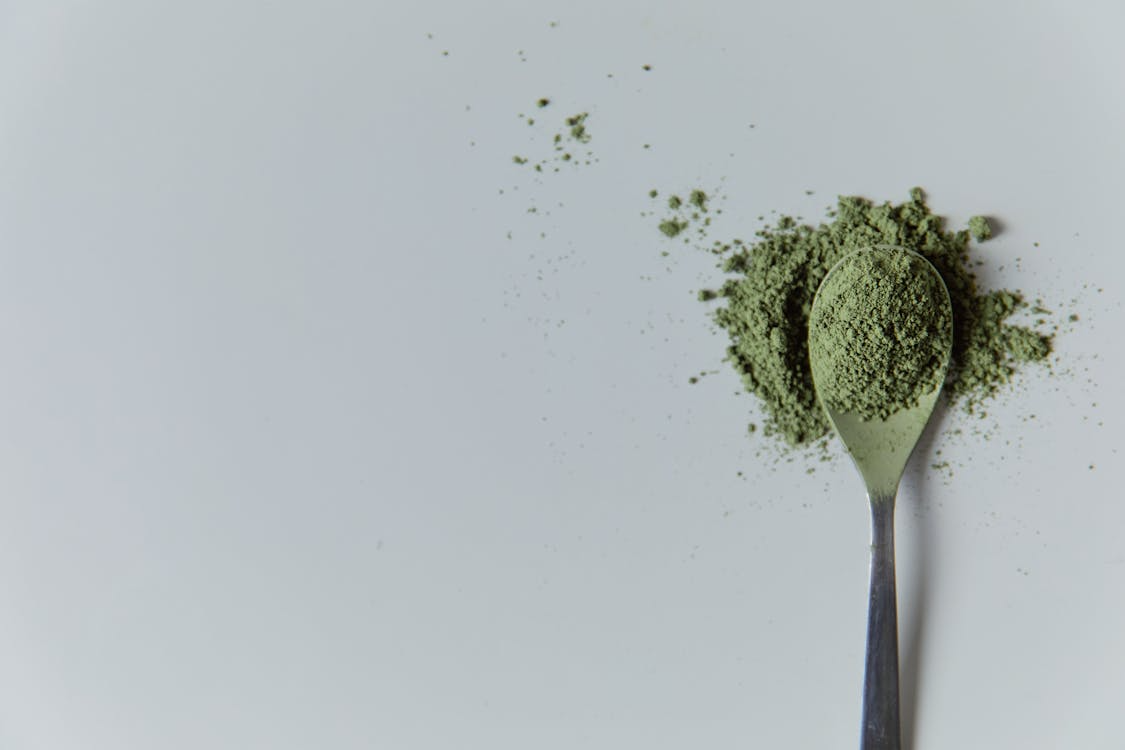
Matcha green tea has surged from a niche wellness trend to a global obsession.
Its vibrant green hue and unique flavour have captured the attention of health enthusiasts worldwide.
Experts are now highlighting surprising potential benefits beyond the gentle caffeine boost.
The global fascination with matcha shows no signs of slowing, with research suggesting it may offer protective health effects.
Studies from San Francisco indicated that drinking matcha could help lower the risk of certain types of cancer.
Matcha is rich in antioxidants such as catechins, which may support heart health, enhance brain function, and fight disease.
In a recent social media clip, Dr Sethi emphasised that matcha, a concentrated form of green tea, provided even more antioxidant power than regular varieties.
While the catechin content in matcha leaves was often low, when mixed with water, it produced three times the amount found in other green teas, according to Healthline.
Did you know?
Cancer-Fighting Power in a Cup Japanese studies have shown that consuming more than 10 cups of green tea daily may help prevent or delay the onset of certain cancers. With matcha being far more concentrated, you only need around ½ to 1 teaspoon per day to enjoy similar benefits.
Matcha was also believed to improve cognitive performance, with Dr Sethi encouraging fans to incorporate it into their routines or try alternatives like green smoothies or turmeric lattes for those who disliked the taste.
Scientific research supported these claims, including a 2017 Food Research International study that showed cognitive benefits from single doses of matcha.
Japanese research using mice revealed a notable reduction in stress levels, which later appeared to translate to humans.
The health perks went well beyond just providing a subtle and gradual caffeine boost.
The matcha trend had led to a surge in cafes worldwide and caused a global shortage last year, with fears of another scarcity this year.
The Japanese Times reported last month that matcha production nearly tripled from 2010 to 2023 and noted that green tea exports, including matcha, increased by 25 per cent last year.
Experts said that one reason for a potential upcoming shortage was consumers seeking higher-quality, premium matcha.
This type of matcha was traditionally reserved for tea ceremonies, rather than the more affordable culinary-grade versions, and people were now using it for everyday purposes.
Australian matcha shopping guide
Online retailers: Purematcha, Kenko Tea, Hello Matcha, Matcha Society
Ceremonial grade: $30–$80 for 30g
Daily/culinary grade: $20–$27 for 50g
Major retailers: T2, some Woolworths and Coles stores
ACT seniors card holders get special discounts at Purematcha
Social media hashtags like #matcha had amassed over 1.9 billion views, further fuelling the craze.
The movement towards the health-conscious beverage seemingly started in 2015 when wellness enthusiast Gwyneth Paltrow shared her first matcha experience.
Industry analysts forecast the market could reach an impressive $A11.29 billion by 2030, showing that the trend was far from fading.
What This Means For You
Matcha is more than just a trendy green drink—it’s packed with antioxidants like catechins that may support heart health and brain function. Research even suggests it could reduce the risk of certain types of cancer, while studies indicate it may improve cognitive performance and lower stress levels.
With demand for premium matcha driving global shortages and rising prices, it’s clear this isn’t just a passing fad. Incorporating matcha into your routine could be a simple, enjoyable way to support your long-term health and stay sharp, both mentally and physically.
Could a simple cup of matcha each day be more powerful for your health than you ever imagined?







